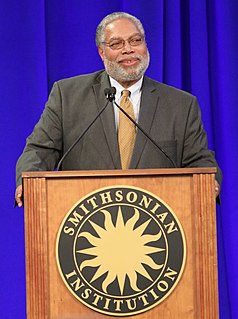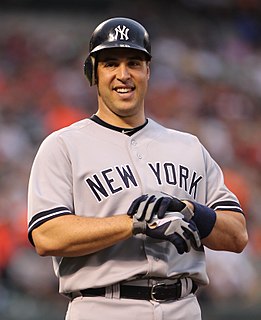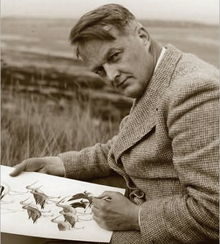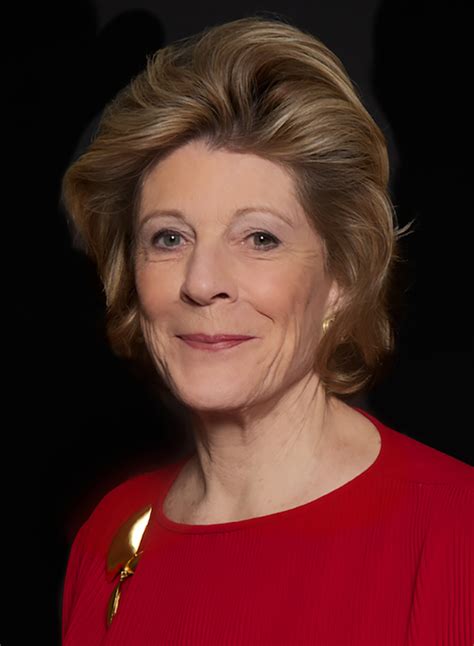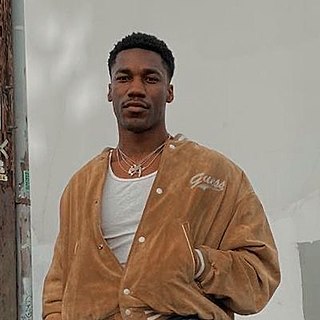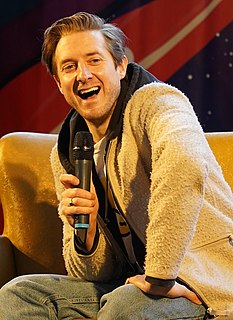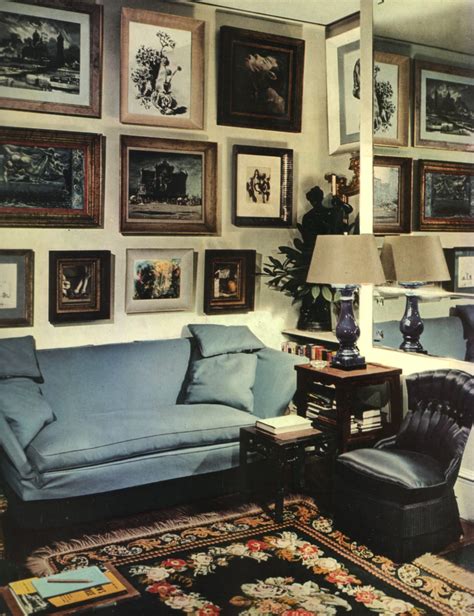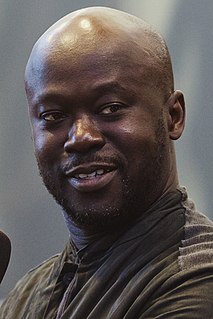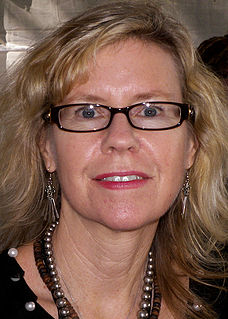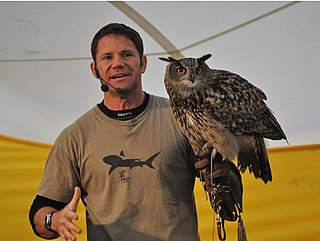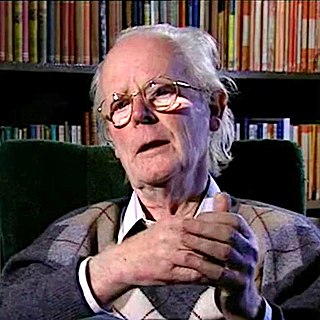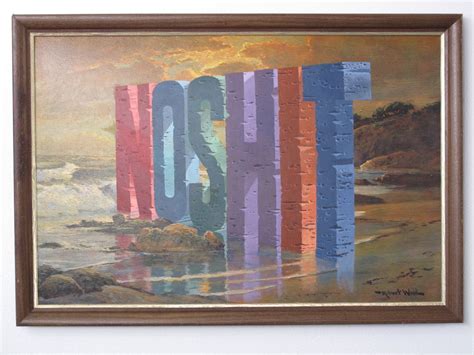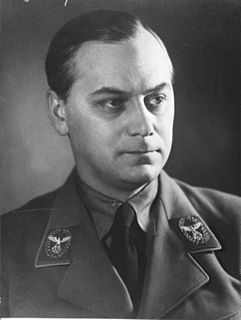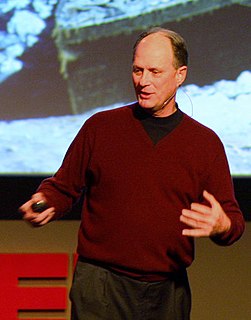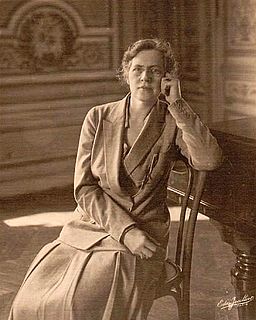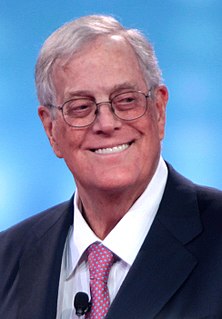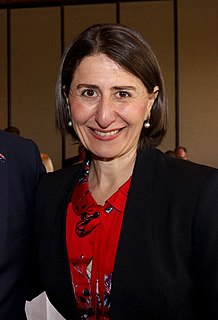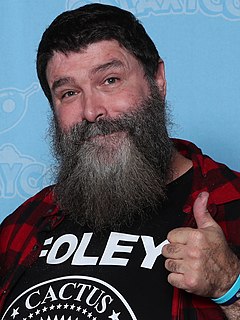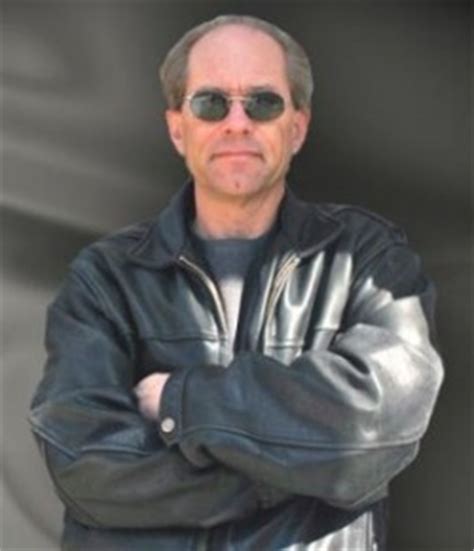Top 1200 Museum Of Natural History Quotes & Sayings
Explore popular Museum Of Natural History quotes.
Last updated on April 14, 2025.
[In the Field Museum of Natural History] we could see very simple, primitive, hand-built pottery from Babylonia and ancient Egypt and so forth, Greece. We could see the most sophisticated things that came out of the Orient - Japan, Korea, and China - some few pieces of European porcelain, majolica [tin glazed earthenware], and that sort of thing. But they had a marvelous collection.
It's funny, I'm very analytical in my real life, but in terms of my films, I try to not analyze them at all and let things just go into them and let them be what they are. I mean, people ask me to this day what 'The Squid and the Whale' stood for, and I have no idea except that it's an exhibit in the Natural History Museum.
I was brought up to understand Darwin's theory of evolution. I spent hours and hours in the Natural History Museum in London looking at the descriptions of how different kinds of animals had evolved, looking at the sequence of fossil bones looking gradually more and more and more and more like the modern fossil.
I am particularly fond of [Emmanuel Mendes da Costa's] Natural History of Fossils because this treatise, more than any other work written in English, records a short episode expressing one of the grand false starts in the history of natural science and nothing can be quite so informative and instructive as a juicy mistake.
The philosophy that I have worked under most of my life is that the serious study of natural history is an activity which has far-reaching effects in every aspect of a person's life. It ultimately makes people protective of the environment in a very committed way. It is my opinion that the study of natural history should be the primary avenue for creating environmentalists.
My education in the arts began at the Cleveland Museum of Art. As a Cleveland child, I visited the museum's halls and corridors, gallery spaces and shows, over and over. For me, the Cleveland Museum was a school of my very own - the place where my eyes opened, my tastes developed, my ideas about beauty and creativity grew.
The place has had a super-conflicted relationship to its mission. In 1956, it opened as the Museum of Contemporary Crafts. Then in 1986 it had a midlife crisis and changed its name to the American Craft Museum. Then in 2002 the name changed again, this time to the Museum of Arts and Design. Maybe in 2025 the place will be called the Designatorium. The big problem with a museum of craft and design is that all art has craft and design.
Almost everyone... seems to be quite sure that the differences between the methodologies of history and of the natural sciences are vast. For, we are assured, it is well known that in the natural sciences we start from observation and proceed by induction to theory. And is it not obvious that in history we proceed very differently? Yes, I agree that we proceed very differently. But we do so in the natural sciences as well.
So I did a program with the Recording Academy, the Grammy Museum. So pretty much they take, like, one hundred kids during the summer and for a week or two every day they go over something different in music history. Then during the music history part of the program, they would just tell us about the different eras.
What I think about when I frequent the Museum of Natural History, the Metropolitan [Museum of Art], and I look at these artifacts that are taken out of context and how we're forced to view them as objects, as relics, as sculpture- static. But what's interesting is what it allows me to do in my head in terms of imagining what the possibilities are or imagining the role in which they played within a particular culture which I'm fascinated by.
I can no more explain why I like "natural history" than why I like California canned peaches; nor why I do not care for that enormous brand of natural history which deals with invertebrates any more than why I do not care for brandied peaches. All I can say is that almost as soon as I began to read at all I began to like to read about the natural history of beasts and birds and the more formidable or interesting reptiles and fishes.
The museum in D.C. is really a narrative museum - the nature of a people and how you represent that story. Whereas the Studio Museum is really a contemporary art museum that happens to be about the diaspora and a particular body of contemporary artists ignored by the mainstream. The Studio Museum has championed that and brought into the mainstream. So the museums are like brothers, but different.
If the world were to end tomorrow and we could choose to save only one thing as the explanation and memorial to who we were, then we couldn't do better than the Natural History Museum, although it wouldn't contain a single human. The systematic Linnean order, the vast inquisitiveness and range of collated knowledge and beauty would tell all that is the best of us.
My own first love was biology. I spent a great part of my adolescence in the Natural History museum in London (and I still go to the Botanic Garden almost every day, and to the Zoo every Monday). The sense of diversity of the wonder of innumerable forms of life has always thrilled me beyond anything else.
I did make several trips to the very wonderful [Georgia] O'Keeffe museum. Besides the art (my favorite paintings are from her Pelvis series) my favorite thing about the museum is the architecture. I love how enormously tall the doors are - it is like going into a church. There is also something home-like about the layout of the museum. I wish I could live there!
The scientific observer of the realm of nature is in a sense naturally and inevitably disinterested. At least, nothing in the natural scene can arouse his bias. Furthermore, he stands completely outside of the natural so that his mind, whatever his limitations, approximates pure mind. The observer of the realm of history cannot be disinterested in the same way, for two reasons: first, he must look at history from some locus in history; secondly, he is to a certain degree engaged in its ideological conflicts.
Other thing about [Field Museum of Natural History] which inspired was that in a group of pots you wouldn't see a single example of this kind of pot. You would perhaps see a case with 20 different examples. So you realize that these pots could be repeated again and again, and each time there would be minor variations in them.
There's a thing at the Museum of Natural History in New York, where I live: they have a stairwell where you follow the beginning and the course of this planet, and it's a very long stairwell, and you follow, and you follow, and then you reach the top, and we're, like, half a step on the stairwell - the timeline for us on this planet.





